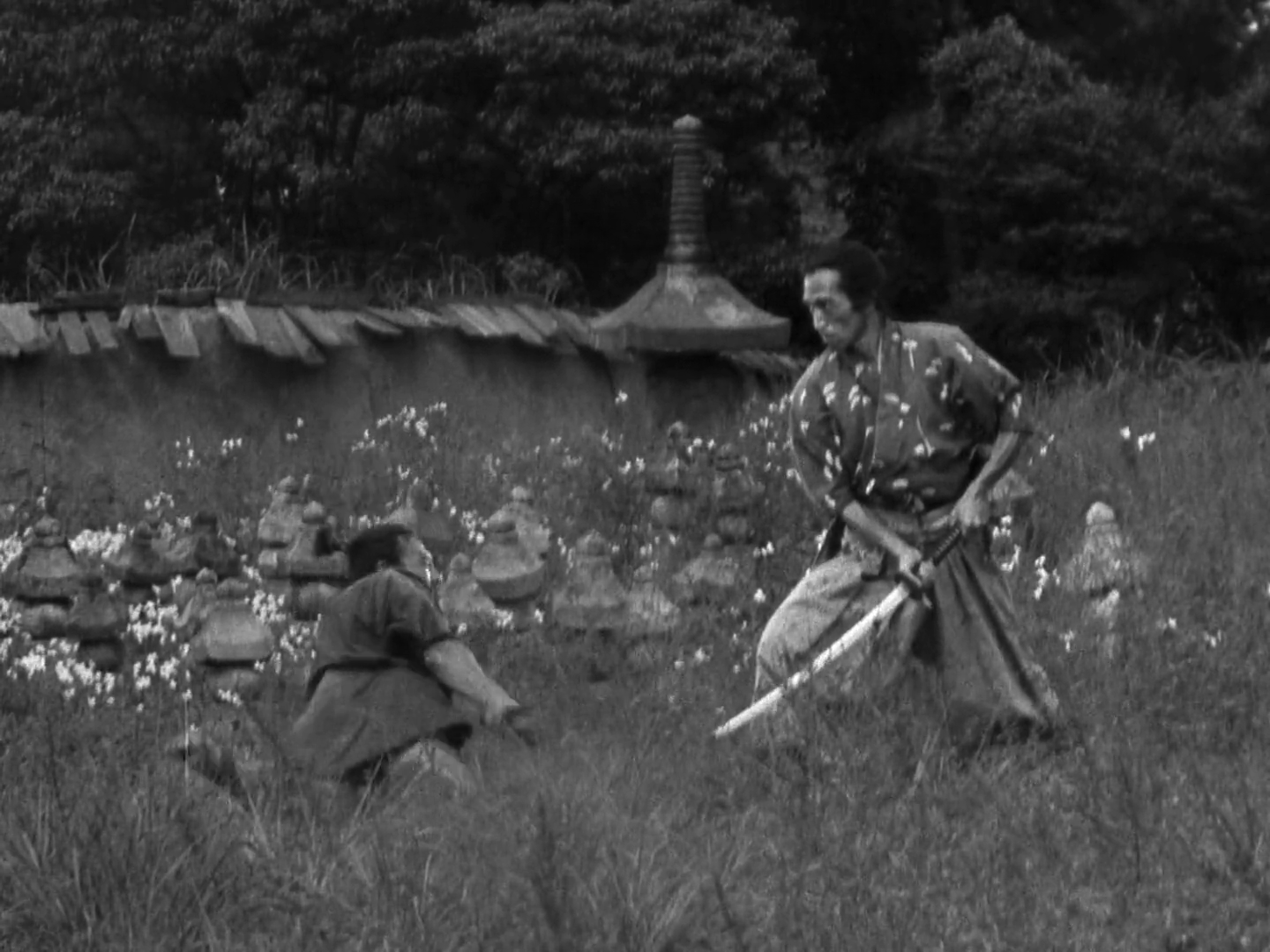As an executive and leader, do you believe that managing your emotions is something you could and should do? Well it’s a lofty goal, but one not even samurai, raised from childhood in martial arts and self-discipline, could accomplish.
In a scene from the film, Seven Samurai (1954), based on ancient religious texts, Kyuzo and another man are engaged in a test of skill using bamboo sticks as swords. Kyuzo is clearly the better sword fighter. The other contestant insists their contest ended in a tie. Kyuzo states plainly that if the contest were real, the other man would be dead.
Getting more angry by the second, the lesser fighter says, “let’s find out.” Though Kyuzo is angered by the other man’s disrespect, he responds by saying, “it’s no use, a real sword will kill you.” And he starts to walk away.
Why does the samurai walk away? Because he understands that while he may not be able to manage his emotions, he, like you, can choose how to respond to the events that drive those emotions. He knows that sometimes it’s best to act differently than you feel.
The other man is not so wise. He blocks Kyuzo’s path and draws his katana—a real sword.
Even before the battle begins, it is obvious to the villagers in attendance who will win. They know that as soon as a fighter loses his temper, he has lost.
The fighter, like you, feels strong emotions in his mind and in his body, and they make him weak. A cocktail of neurotransmitter chemicals and hormones are released into the blood stream — with the same negative effects as drinking alcohol. You end up acting under the influence and making bad choices.
Kyuzo draws his sword and assumes a defensive position. The other man charges, fueled by anger, and is quickly dispatched by one stroke of the samurai’s sword.
Emotions are the result of the way you perceive and interpret an event, based on your personal standards. There are a few ways to change your emotional reaction: change the way you perceive and interpret events, or alter your beliefs and values.
Being curious rather than judgmental is one way to shift your perception. And becoming more empathetic is a way to modify how you interpret what you see and hear.
What we learn from the samurai is that you cannot manage your emotions. Emotions come when they come. You can’t control them. But you don’t have to let them control you.
In the face of strong emotions, rather than reacting, hit the metaphorical pause button in your head. Take a second to decide how best to respond to the event in order to get the best outcome. Like martial arts, it takes lots of patience, practice and energy to master the pause button. You may slip up on occasion—you’re only human. Just don’t give up.
Earn your black belt in pausing. That moment of thought helps you to avoid saying or doing something permanently damaging in reaction to something temporarily upsetting.
- Problem-solving produces an emotional benefit, not a financial one - March 18, 2022
- Innovation is about Solving Mysteries, not Puzzles - September 7, 2021
- Overcoming That’s the way we’ve always done it - August 3, 2021





